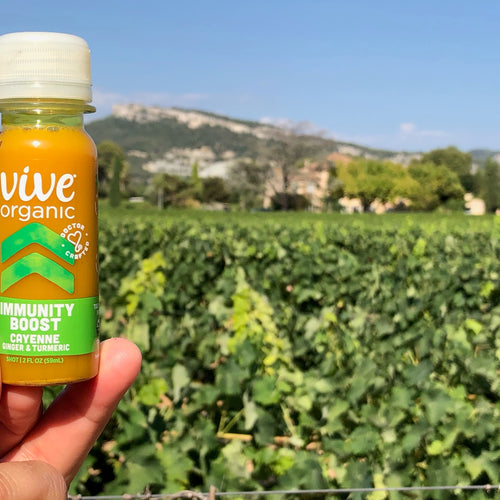You’ve heard that smiling is contagious, but how? As it turns out, as humans, we are wired to respond based on what we see because of mirror neurons, which are brain cells that fire when we perform an action and also when we observe the same action performed toward us. So, smiling really is contagious after all. Keep reading to find out why smiling matters.
Because we’re all a part of a larger community, offering a smile to a stranger goes a long way when it comes to social health. Smiling is an international sign of happiness.
In fact, the act of smiling uses facial muscles that, when they contract, fire a signal to the brain that increases endorphins. Smiling itself can make you feel good, and passing it along to someone else has the power to do the same. It’s difficult to keep from smiling when someone does it to you, so smiling is in fact contagious!

The health of other people around us can be directly connected to our own mental health. And vice versa. We’re all a part of a bigger community together. Smiling is something you can do in less than one second that affects not only yourself but those around you.

We know - it sounds a little goofy, but try it out. If you smile at someone, and they pass it on, then that person passes it on, it can brighten so many people’s day. Smiling has a ripple effect, and it makes you feel better, too. Plus, you might just get a smile back!

Little moments of human connection are so important for our health as individuals as well as the collective health of our society, but it’s an easy thing to overlook in the rush of the day.
So, pay attention. While you're getting your morning coffee, walking the dog, shopping at the grocery store, or on your evening run, pass on a smile, a wave, or a simple “hello.” Make that small connection with a stranger. It will make you feel good and probably make someone else feel good, too.













